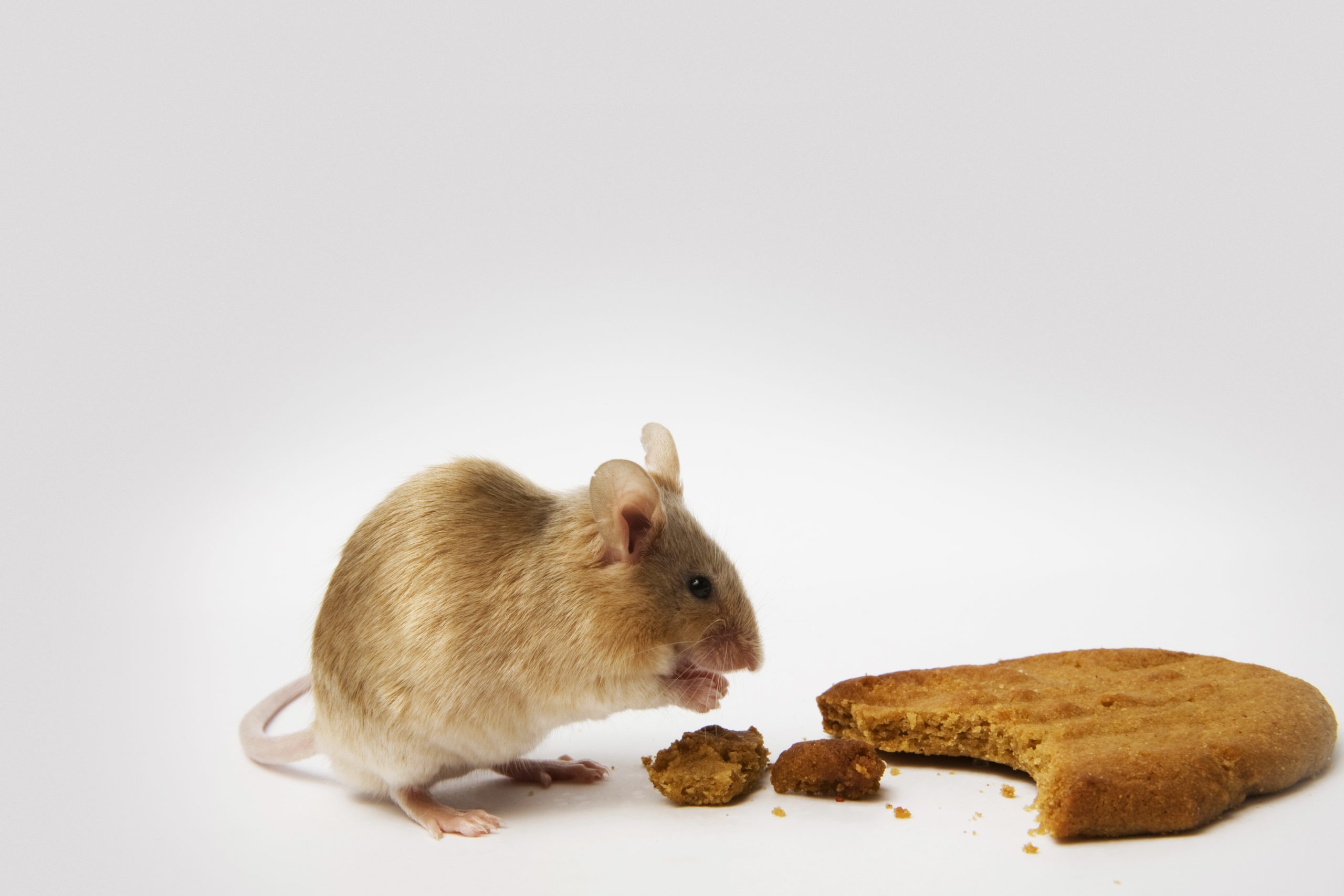From Jerry constantly outsmarting Tom to rats concocting marvelous dishes, the signs of overly-intelligent rodents are all around us. Sure these are just cartoon characters, but is it based on some reality? We have all been frustrated at one point or another by mice getting away or outsmarting us. It is no wonder that we ask: are my mice getting smarter?
Ways Mice Outsmart People

Since mice are so tiny, it is amazing what their little brains can concoct. The reality is that their small brains are truly limited by their size. It is often our own brains either oversimplifying or overcomplicating the situation that is at the root of lost rodent battles. Some simple recurrences of this nature include:
- Dimensions – despite living in a 3-D world, we tend to think in 2-D. We draw on paper, we watch flat screens, etc. When we track mice, we tend to just see their world as a flat plane despite them being able to move and inhabit every direction possible.
- Trap evasions – these errors in mouse hunting can come in a host of ways such as
- not including bait
- too much bait
- too far away from a path
- blocking a path
- not using enough traps
- using too many traps
- using the wrong kind of trap for the situation
- Jumpers – mice can jump 10 inches from a stand still or 24 inches with a running start. The chances of them simply jumping over a single trap in their path is quite high.
- Personalities – this is possibly the most important part of lost rodent battles. It also underscores the myth behind overly-intelligent rodents taking over the earth.
Personalities of Pests
Most of what we commonly know about mice and other pests is based on what is observably normal behavior. Even the jumping statistics above are subject to this over-generalization. There are no rodent olympics held where we can truly test the best of the best mice in all areas. Inversely, we don’t have a way of measuring the lowest of the lows. When we do perform tests and observations, the normal data is what is most often shared. This is important because it represents most mice and what is most likely to occur. But it does not hold true for every mouse.
Rogue Pests

Just like you can bank on each office or classroom having at least one rogue individual, pests follow the same pattern. These individuals are the trouble-makers. They just can’t help themselves. They like to run against the grain, stir the pot, and be the Wreck-It-Ralph of their world. This includes the mouse that chews through your car wires for no reason.
Recalcitrant Pests
These types of mice are on the opposite side of the spectrum from the rogues and include the worry warts. These are the ones who are super careful about everything. Sure it ate peanut butter yesterday, but how does it know it is safe today? Maybe it will just move on.
Controlling The Odd Ones
As you can guess, these personalities don’t hold true to typical control strategies. They may need a special plan. Attractants don’t have the same effect as they do on more normal mice. The same is true of deterrents. It can take a lot of trial and error in solving these difficult issues. Because of this, it is important to make sure your pest plan is guaranteed.
What to do About Mice Getting Smarter
If you have reached the point of feeling like the mice are getting smarter, you need to adjust the plan and do it quickly. On one hand, it may mean you are getting down to the last few, but on the other hand, you don’t want these difficult mice breading and becoming the norm. Regular monitoring of pest populations will help identify outlier pest situations early. Adjusting control tactics even slightly may be all the difference that is needed. If you need help figuring out how to turn the tables on the table-turners, reach out to our rodent and pest experts at www.bsotonpestcontrol.co.
